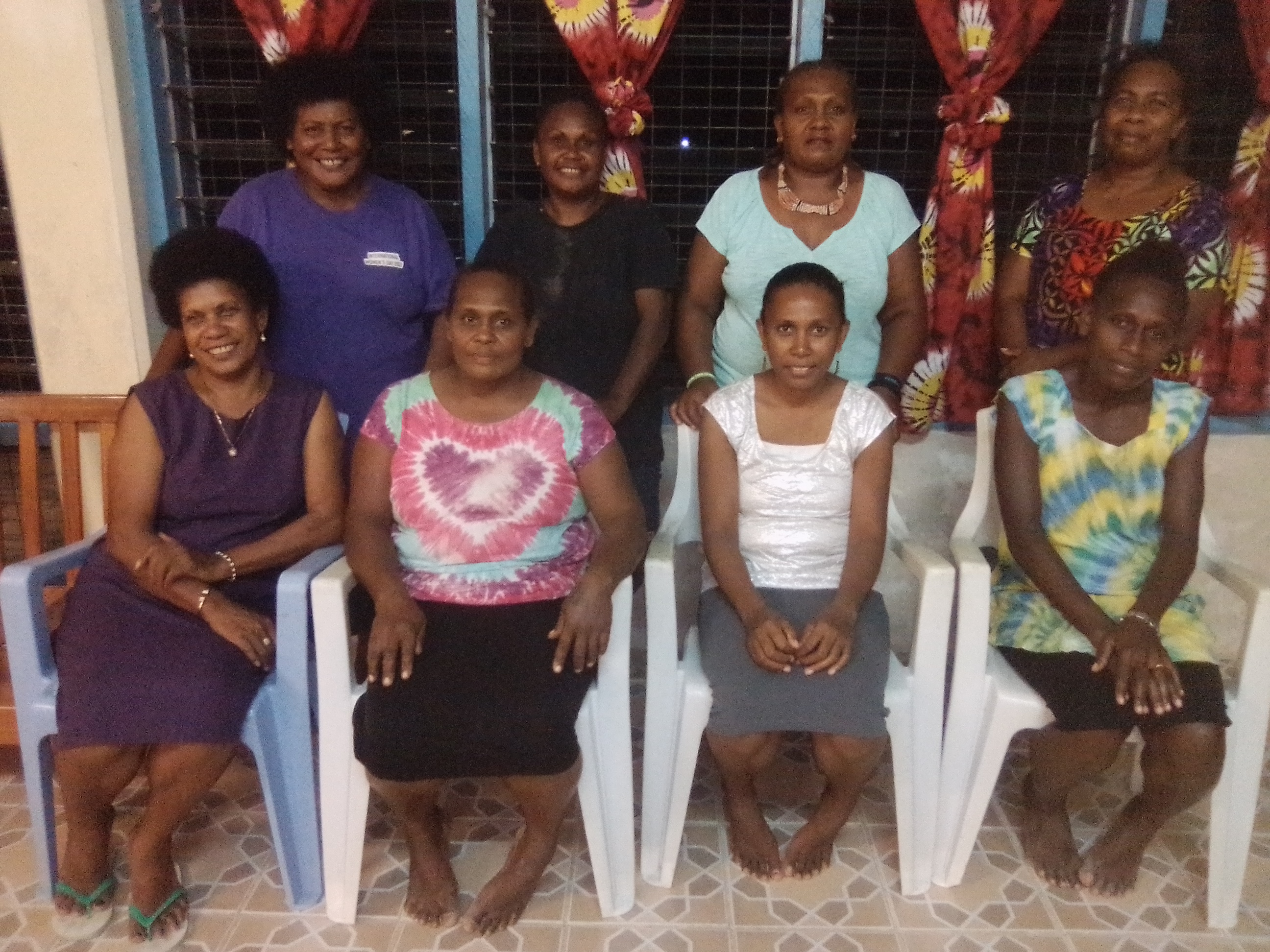
Including local culture and knowledge in education
The Coalition for Education Solomon Islands (COESI) is a coalition of 17 non-governmental organisations dedicated to the advancement of educational opportunities for all Solomon Island citizens, especially those from marginalized and disadvantaged groups.
COESI is one of the many national education coalitions supported by Education Out Loud.
COESI aims to provide a focal point through which civil society can contribute to education policy debates, provide knowledge building, undertake research, and strengthen the capacity of civil society to participate actively and with authority in public debates on education in Solomon Islands.
For countries all over the world, the Covid-19 pandemic has meant national lockdowns and millions of children out of school. In fact, at the peak of the pandemic about 94% of students were out of school worldwide. Because of school lockdowns, national governments and civil society organisations were forced to employ a new range of tools to ensure continued learning.
In the Solomon Islands, an island-state in the Pacific Ocean, the Covid-19 pandemic meant that most people studying and working in the cities went back home to their local communities. During school lockdowns, parents were expected to assist their children in learning by using materials provided by schools. But many parents found it challenging to assist their children since the curriculum showed to be entirely disconnected from the realities and lives in the local communities.
Local knowledge is important in education
“Our education system and curriculum has been imported from the Western world and materials are often in English. It is not embracing our local context and the values of our culture. Parents have the knowledge that their children need to continue living the sustainable life that people have lived in the Solomon Islands for centuries,” says Jack Kalisto, National Coordinator of COESI.
When going to villages and smaller communities, in which around 75% of the population in the Solomon Islands lives, COESI experienced a gap in the education system. Parents and teachers wanted culture and local knowledge to become part of the curriculum. Learning about resources, land, and sea is crucial to the local context in the Solomon Islands.
“In the Solomon Islands we have a history of community development and of people sustaining themselves. For us, it is natural to get parents more directly involved in their children’s education,” says Jack Kalisto.
Innovating the education system
COESI is now working with the Ministry of Education to develop a more appropriate curriculum for schools. With the new curriculum, COESI wants to give more autonomy to local communities to teach things that are relevant to their specific context.
The government’s response to include culture and local knowledge in the curriculum has been positive after great improvements observed in a pilot project conducted in 2015. However, little has happened since, and COESI is now using the experiences from assessing remote learning initiatives during school lockdowns, to push for change and innovation.
“When we experience disasters in the Solomon Islands, most people from the cities go home. When we are home in our local communities, we become healthier, we feel a sense of security, and we learn important cultural values and skills. We feel more confident and at peace” says Jack Kalisto, National Coordinator of COESI, the national education coalition in Solomon Islands.
“Many schools in the Solomon Islands are very local and teachers and parents often work together in preparing traditional dances and feasts with the students during festivals. This corporation can be integrated into the formal education system” Jack Kalisto suggests.
Some of COESI’s goals are to push the government to update the national curriculum and to integrate the knowledge of parents more into teaching.
“To do this, training for the parents is important. It is new for many of them to sit in a class or school setting and give instructions to the kids. We need to support them and train them. And we also need to corporate with teachers so they can support parents” states Jack Kalisto.
